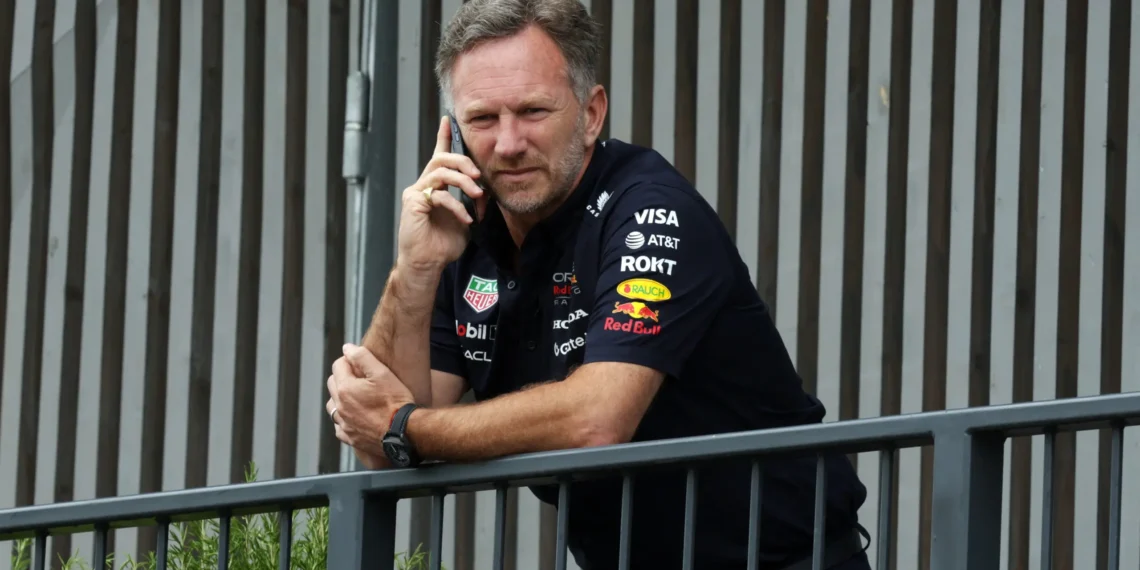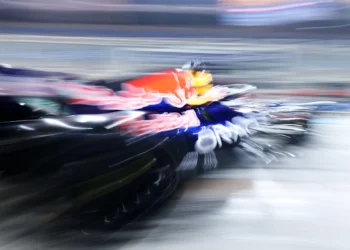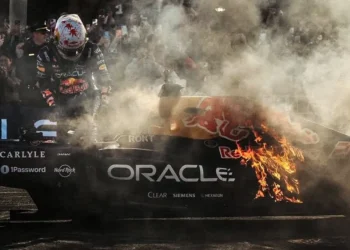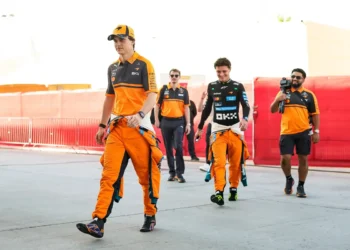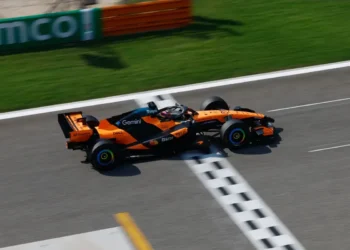The Formula 1 paddock was jolted this morning by the announcement that Christian Horner is no longer the team principal of Red Bull Racing, a departure that eerily echoes the circumstances of his original appointment in 2005. The news caught paddock insiders off guard, and speculation about the precise motives behind the move is already circulating in the global motorsport press.
Horner joined Red Bull at the age of thirty-one and proceeded to steer the squad to unprecedented success: during his eighteen years in charge the team recorded 124 victories from 405 Grands Prix. That remarkable haul turned Red Bull into a showcase of modern engineering excellence and transformed Horner into one of the most recognisable figures in the sport.
Yet tensions behind the scenes have simmered, particularly after the recent passing of co-founder Dietrich Mateschitz, and a lengthy power struggle between the Milton Keynes operation and Red Bull’s Austrian headquarters finally boiled over. Sources close to the team report that irreconcilable differences forced executive shareholders to sever ties with Horner.
Although his contract was set to run until the end of the 2030 season and colleagues described him as fiercely loyal to Mateschitz’s vision, senior management chose Laurent Mekies as the new principal almost overnight. Observers are now asking how Mekies’ fresh approach will shape Red Bulls championship strategy and whether any of Horner’s signature philosophies will endure under the new leadership.
As Christian Horner weighs his next steps, whispers of a future role with either Ferrari or Alpine persist, suggesting that leaving Red Bull would not close the chapter on his Formula 1 career. Given his unique expertise and fierce drive, many expect him to re-enter the paddock quickly, leaving an unmistakable gap wherever he goes.
The wide F1 community now considers how his possible exit could reshape not only Red Bull’s fortunes but also the championship picture itself. If he does step away, it marks the twilight of a distinctive era, prompting fans, analysts, and teams to take stock of the influence this long-serving principal has had on modern grand prix racing.

